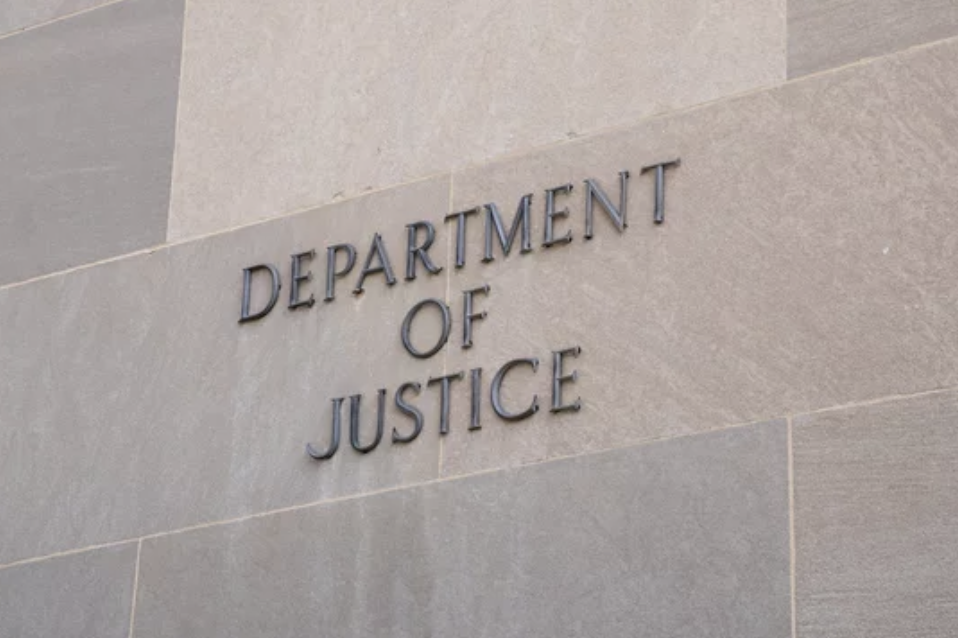
CAMDEN COUNTY (GA Recorder) — The reality of rockets one day launching off coastal Georgia got a big boost Thursday after the state agency charged with protecting the coast said it doesn’t plan to stand in the way of a federal license for Spaceport Camden.
The Coastal Resources Division of the Department of Natural Resource issued a letter Thursday saying it collaborated with Camden County officials and the Federal Aviation Administration to develop ways to minimize the potential hazards of a new facility where rockets are launched into orbit.
State environmental regulators reviewed the county’s plans and determined planned rocket launches won’t violate state laws protecting the ecosystem of nearby barrier islands.
“Launch vehicle operators wishing to use the facility must obtain a separate FAA Launch Operator License that has undergone additional environmental and safety review for the specific rockets they intend to launch, including federal consistency review by DNR,” the state agency’s letter says.
Camden’s plans call for building a facility and launch pads that allow for as many as 12 commercial rocket launches annually over five years. The vision is scaled down to smaller vehicle launches replacing initial plans to launch rockets as big as the 230-foot-tall SpaceX Falcon 9.
Environmentalists and other opponents of the spaceport say the potential for the rockets to come crashing to earth and spreading fire in some of Georgia’s most scenic and historic areas is a risk that government regulators shouldn’t allow.
The state’s assessment is bad news for conservationists and environmentalists who worry that the agencies haven’t adequately addressed the threat of rocket explosions on the nearby Little Cumberland Island, Cumberland Island National Seashore and the beaches, marshlands and waterways.
Many environmentalists and Camden County residents opposed to the project held out hope state regulations might sidetrack the spaceport. Camden County officials worked nine years to clear nearly all federal and state regulations and so far the cost to taxpayers is $10 million.
Time is running short, and options are few ahead of the FAA’s expected approval of a permit as early as this month. The aviation administration said it preferred to approve the spaceport when it released a final environmental study on June 17.
Camden County Administrator Steve Howard said Thursday that with favorable reviews from the Coastal Resource Division and federal regulators so far, spaceport supporters hope to “hear good news from the FAA by the end of the month.”
Howard and fellow commissioners claim the potential economic benefits of the spaceport include attracting ancillary businesses that bring new jobs while also boosting Georgia’s standing in the aerospace industry.
But even with signs showing government agencies supporting Spaceport Camden, that doesn’t mean opponents are out of ways to keep the project grounded. One delay tactic in the works is a new petition to stop the county from buying property where it plans to build the facility.
Coastal Georgia’s environmental organization One Hundred Miles is pinning hopes on a potential special election that would let the public vote against Camden County’s plan to purchase property for the project. The group’s president and CEO, Megan Desrosiers, organized the petition that so far has signatures from about 3,000 Camden residents out of 4,100 needed to force a referendum — or 10% of registered voters.
She said once she has enough names signed up, she plans to present the petition to a probate judge to force a vote that could block the county’s purchase of an old 4,000-acre industrial site that was most recently home to a Union Carbide plant.
The FAA’s decision on the permit might also be delayed until Georgia’s Historic Preservation Division comes to an agreement as it seeks to protect nearby properties, including a landmark Black Baptist church and the historic district on Cumberland Island.
An attorney with the Southern Environmental Law Center said the latest documents from the aviation administration and Department of Natural Resources reveal a flawed process that’s played out over many months.
If the DNR’s decision clashed with the FAA over the permit, the U.S. commerce secretary would have the final say.
There is an inconsistency between the state and federal reviews in assessing how often rockets could fail.
“We commend the Georgia Department of Natural Resources for taking a careful look at Spaceport Camden, but the coastal consistency determination illustrates how disjointed and incomplete the environmental review of this project has become,” said Brian Gist, senior attorney for the Southern Environmental Law Center. “The fact that basic information—like the expected failure rate of the rockets it plans to launch—remains unknown at this stage of the process demonstrates how comprehensively the Federal Aviation Administration has failed to properly evaluate this project.”
The most public gauge of opposition to the project came from the vast majority of the 1,700 comments state received about the spaceport, which overwhelmingly urged the agency to delay the review process or end Camden’s space dream.







